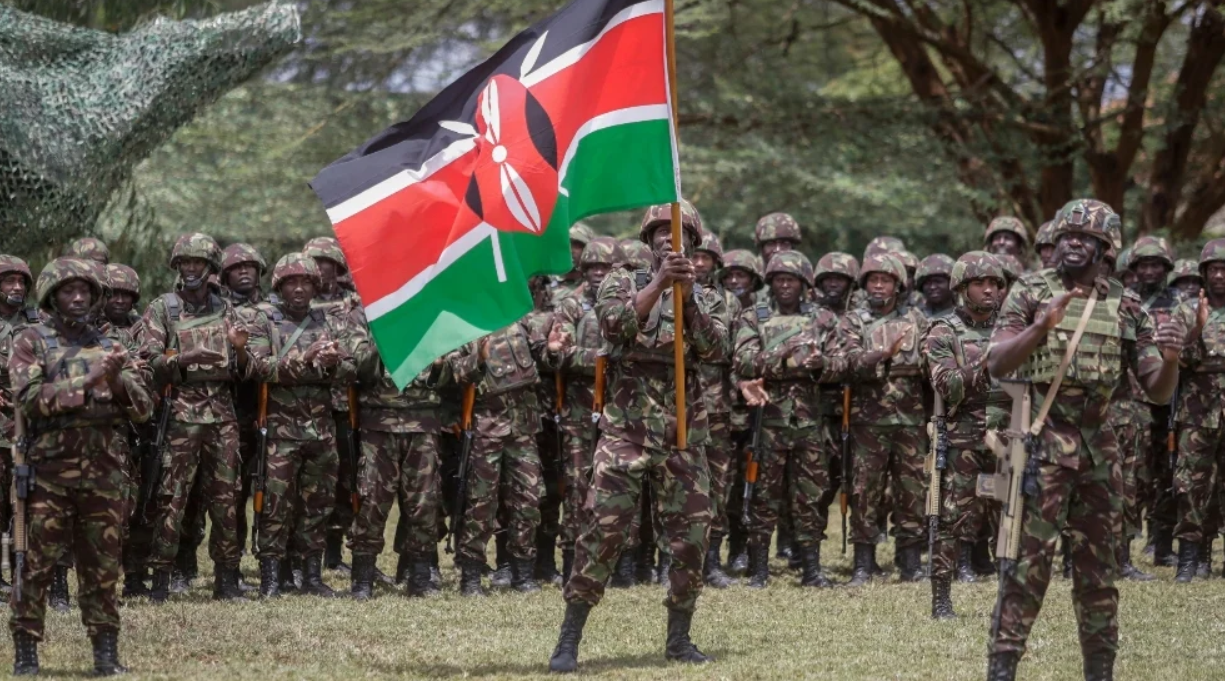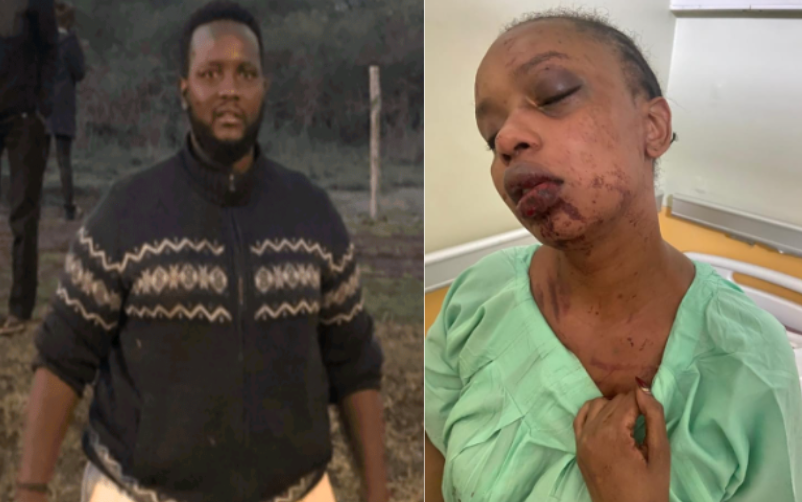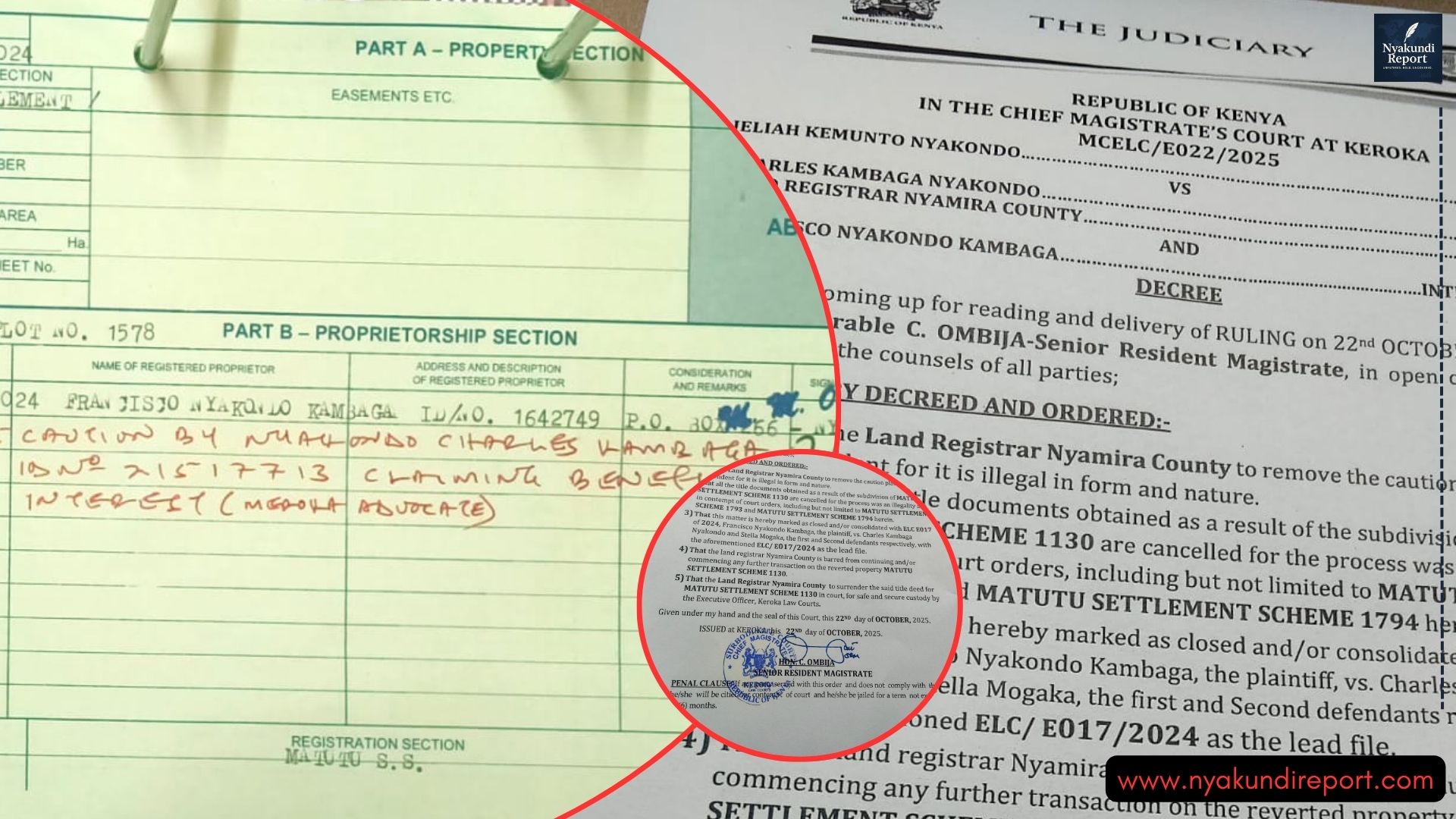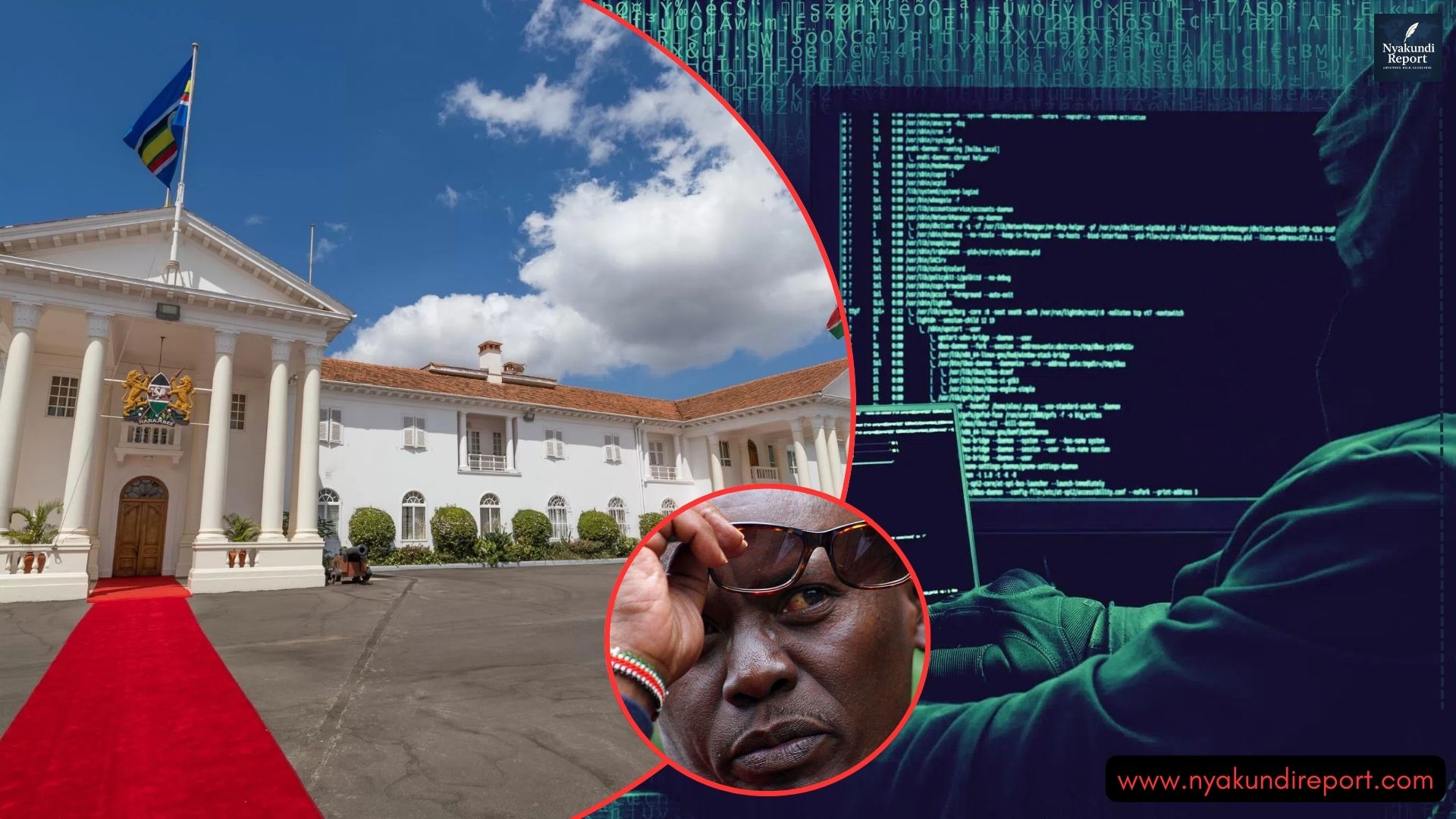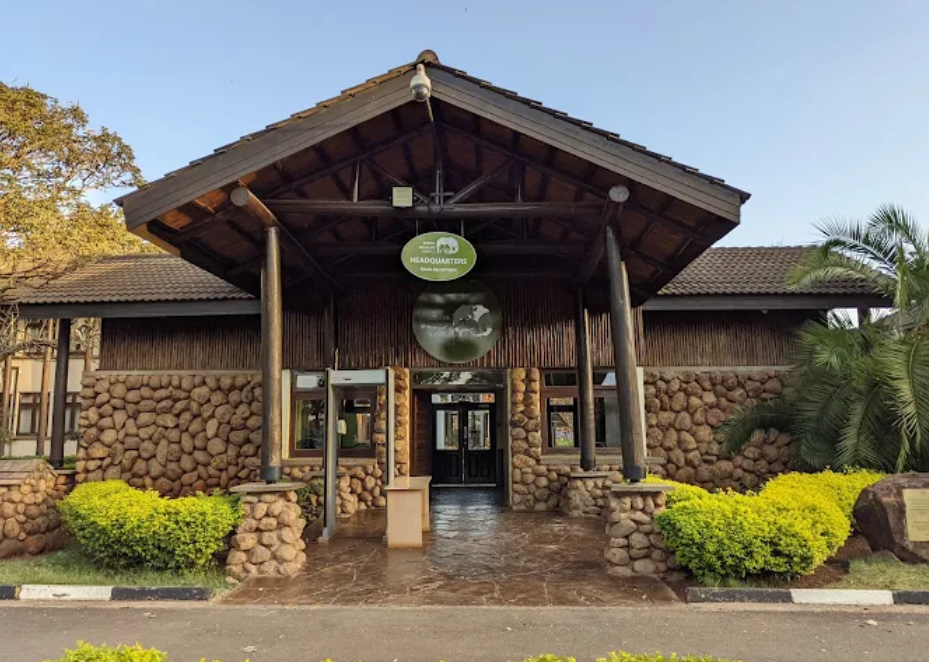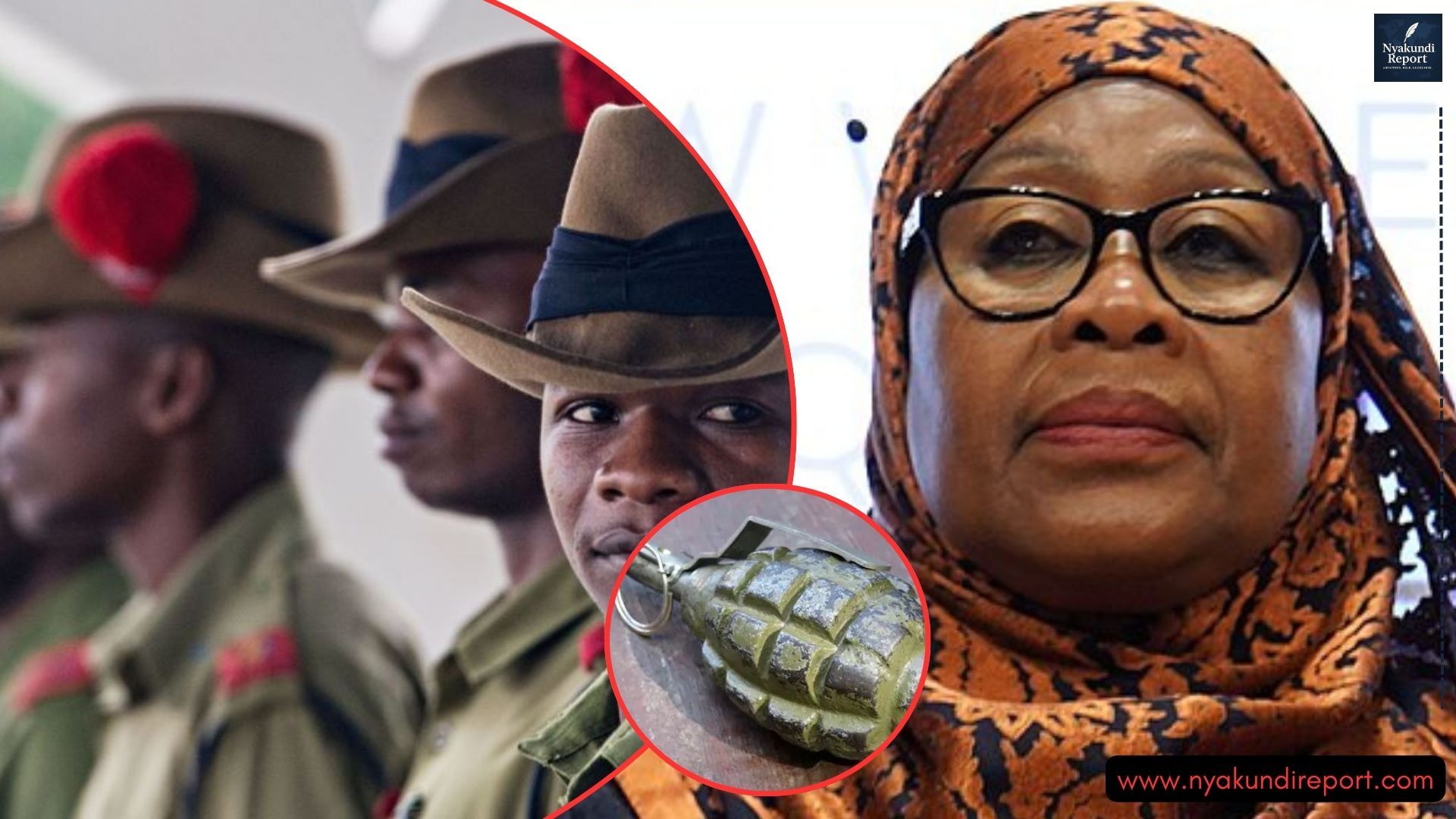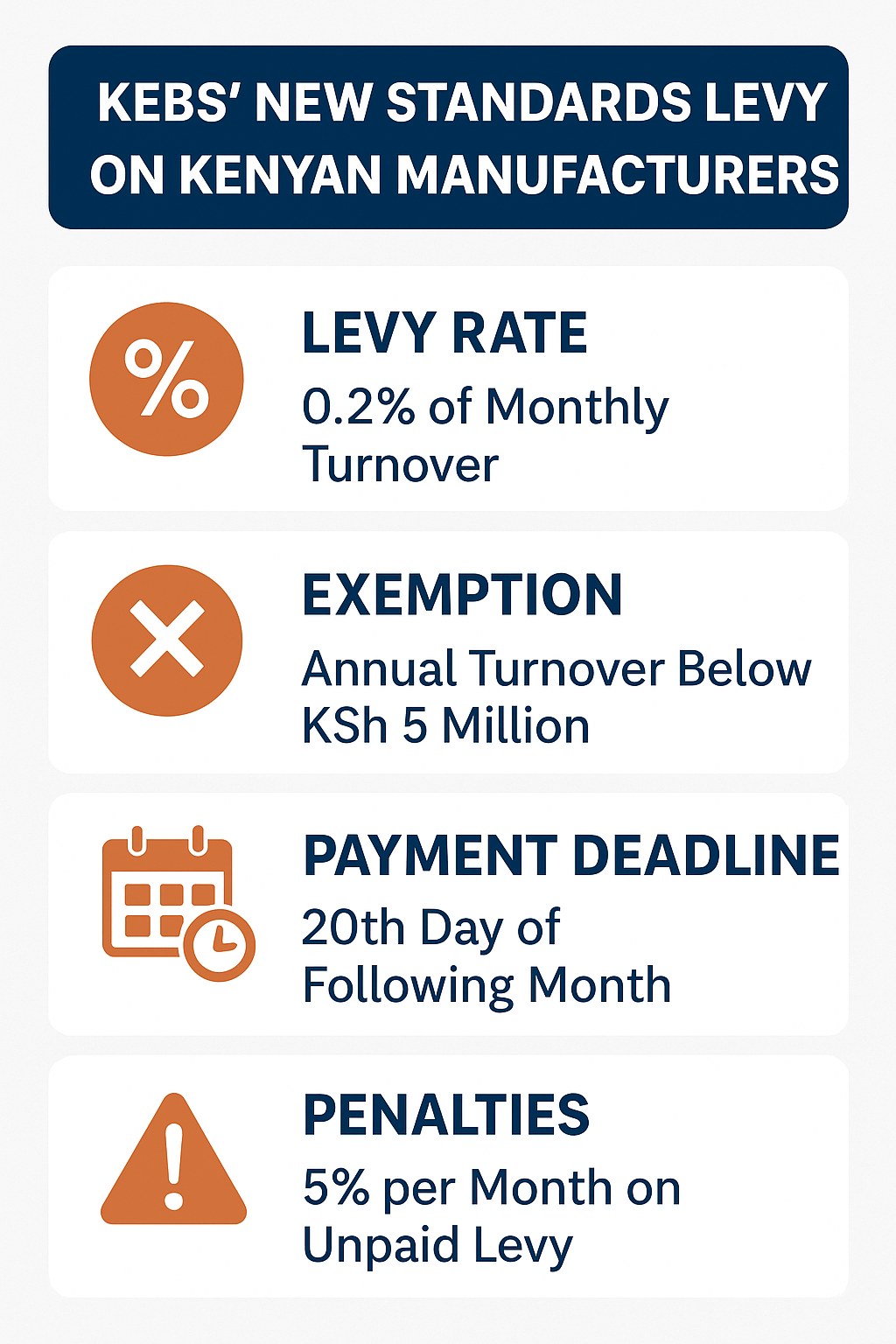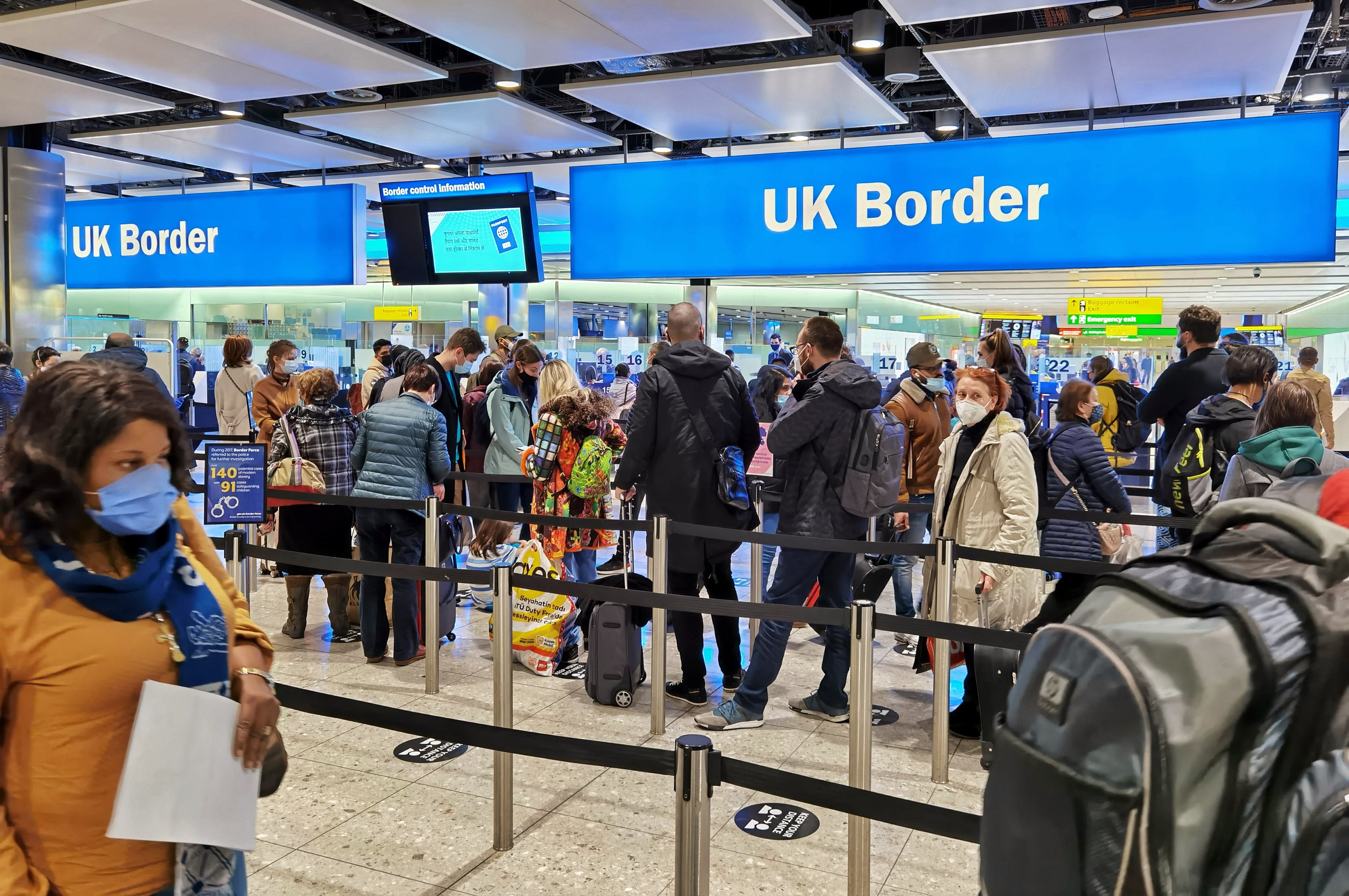The Anti-Terrorism Police Unit (ATPU) on Sunday arrested Marsabit-based businessman Abdisalam Hassan in connection with alleged terror financing, following the earlier apprehension of a Nairobi-based lawyer and eight others in Mombasa.

Authorities say both arrests are linked to a single, highly structured network accused of facilitating the movement of Kenyan youth to ISIS/Daesh cells abroad and funding operations through cryptocurrency.
Hassan’s arrest prompted immediate backlash from his family, who denied the allegations and demanded his unconditional release.
Tensions escalated outside the police station, prompting the ATPU to discreetly transfer him to Nairobi for security reasons.
Both Hassan and the lawyer are expected to be arraigned together in Nairobi on Tuesday, facing charges including terror financing, membership in a terror organisation, and participation in a criminal network.
Investigators say the lawyer initially engaged with the extremist network while representing radicalised youths in Kenyan courts.
Over time, he allegedly moved beyond legal representation to become involved in coordinating the wider facilitation network, including funding, logistics, and recruitment.
Authorities allege that some legal fees were linked to extremist financiers, and that cryptocurrency was used to move money across borders and conceal financial trails.
The network reportedly recruited Kenyan youth online and through local contacts, moving them through Kenya to Puntland in northern Somalia and subsequently to Yemen, where they were to join established ISIS affiliates.
ATPU investigators have traced bank transfers, hotel bookings, cross-border travel documents, and digital transactions as part of months-long surveillance and financial analysis.
Authorities describe the network as well-structured, involving legal professionals, transport operators, and others working together to move money, individuals, and information.
The arrests are considered a major tactical success in Kenya’s ongoing fight against terrorism, nearly two decades after attacks including the 1998 US embassy bombing, the 2013 Westgate Mall siege, and the 2019 DusitD2 complex attack.
The suspects remain in ATPU custody in Nairobi as authorities finalise files and prepare for extended custodial orders to allow further examination of digital devices, financial records, and communication logs.

